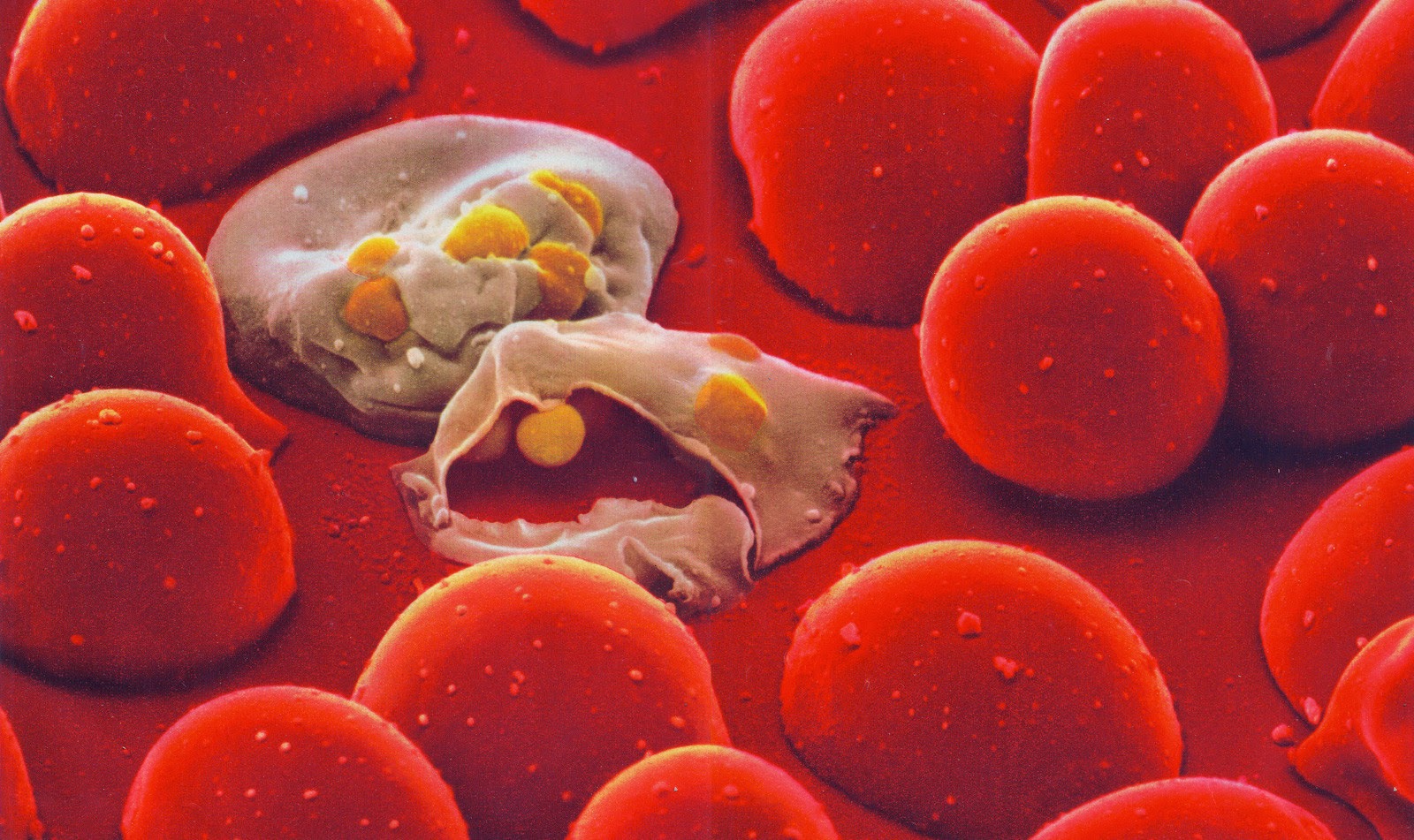Malaria is caused by the Plasmodium parasite, delivered by the bite of a female Anopheles mosquito that has previously dined on the blood from an infected person. It infects humans by invading red blood cells. Within each cell, the disease creates its own compartment where it multiplies. The infection then breaks through the cell and infects other cells with its newly increased population.
The Centers for Disease Control and Prevention estimate that 212 million cases of malaria occurred worldwide in 2015 and 429,000 of the infected people died.
Researchers at the Francis Crick Institute, in an attempt to study a key protein in order to stop the parasite, have discovered how the protein, SERA5, which when manipulated could stop the spread as well as prevent the manifestation of the disease even with the pre-existence of the parasite.
“We focused on the most common protein, known as SERA5, assuming that it probably has an important role since there is so much of it,” study researcher Mike Blackman, of the Francis Crick Institute.
SERA5 protein is generally found in the RBC compartment where the parasite grows. To test its role in malaria’s spread to other red cells, the team genetically modified some malaria parasites to lack SERA5
and some to lack both SERA5 and SERA4 proteins. Once the modified parasites were allowed to infect red blood cells in test tubes, the researchers observed the system to check for those parasites which lacked the SERA proteins to be able to exit the red cells.They found the parasites lacking SERA5 and those lacking both SERA5 and SERA4, actually broke through the membranes faster than unmodified parasites, but many got stuck on their way out because the vacuole they were developing in and the cell membranes did not rupture properly.
SERA5 was found to be crucial for the parasites to disseminate to other red cells efficiently and without the protein the parasite couldn’t control the speed at which surrounding membranes enveloped it.
Scientists are hoping that from this research, new medications and treatment options will become available for treating drug-resistant malaria.
The researchers are already working with drug developers to produce the protein inhibiting medication, which would be the first of its kind to treat this disease.






























